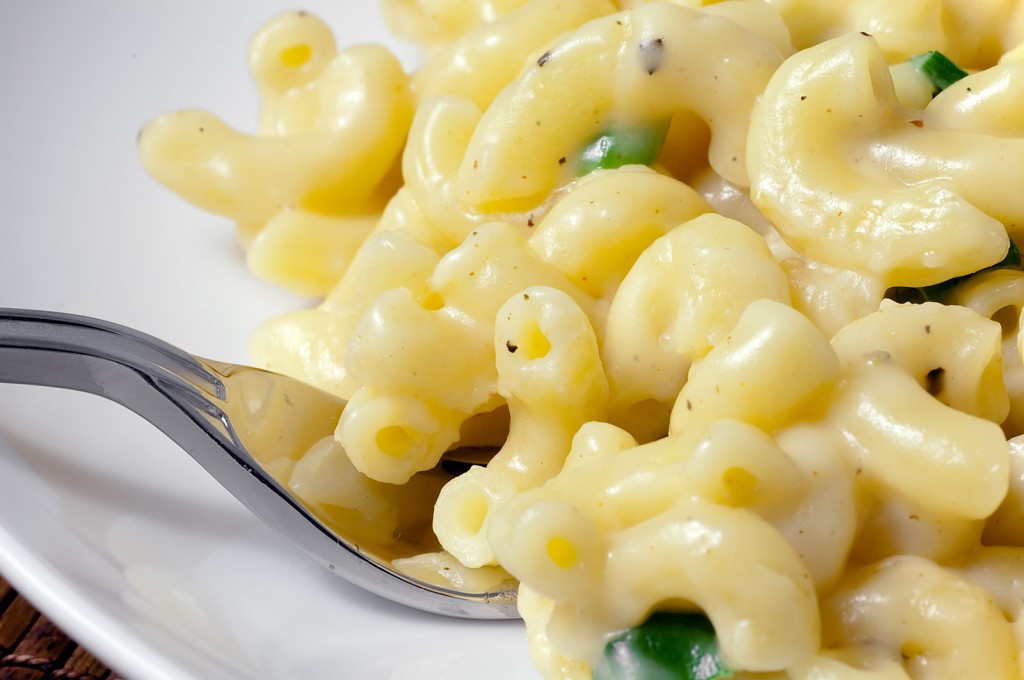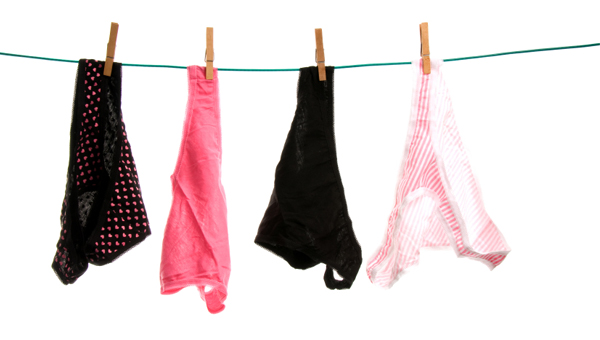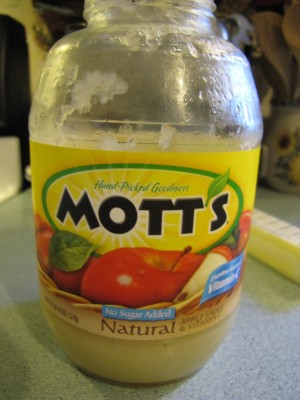Chinese students new to America are shocked by some of our habits.
By Tianyuan Zhang
Among more than 1,300 students at Bryn Mawr College, students from China make up about 10 percent of student body. Every year, according to “People’s Website” in China, the number of Chinese students who apply to American colleges increases by five to ten percent. As more and more Chinese students march into American campuses, their voices about their lives in the United States become stronger and more audible, and their experiences and complaints of culture shock can no longer be ignored.
The cultural differences between China and America cause misunderstandings, conflicts and troubles, but they also encourage students to communicate and get closer. Please read the following stories, listen to the voices of some Chinese students and find out about their culture shock experiences.
As the stories includes roommate conflicts and misunderstandings, their full names are not used in exchanged for candor about their thoughts and experiences.
In no special order, here are four things that irk and confuse Chinese students about their American experience.
1. What’s so special about Mac ‘n’ Cheese?
Cheeeeeeeese! While American students smile at the cameras, calling for the most popular dairy product in the world, Chinese students are fed up with Swiss cheese, Cheddar cheese, blues cheese and especially, Macaroni and Cheese.
“Cheese stinks!” said Sunny, a Bryn Mawr freshman from China, “I simply don’t understand why Americans are crazy about these smelly things.”
Cheese has never been an ingredient in Chinese cuisine. Nobody cooks Chinese dishes with cheese. Even if all kinds of cheese are sold in markets, they are never the popular goods. Many Chinese have never had cheese until they went abroad for the first time.
“I hate the smell,” said Sunny. When the fermented milky smell first hit her nostrils, she said she wanted to throw up: “It’s disgusting!”
Among all the cheese products, Macaroni and Cheese is Sunny’s least favorite. Her roommate Sarah is a huge fan of Mac  ‘n’ Cheese. Sarah ate a bowl of Mac ‘n’ Cheese every night. It bothered Sunny constantly.
‘n’ Cheese. Sarah ate a bowl of Mac ‘n’ Cheese every night. It bothered Sunny constantly.
“She ate Mac ‘n’ Cheese in our room and the smell spread,” said Sunny, “it made me nauseated.”
After a long struggle of trying to accept this cheesy smell, Sunny finally asked Sarah to eat outside their room.
“I did not mean to be offensive and selfish, but the smell haunted me for hours and I could not concentrate on anything.” said Sunny.
“I was sorry because I could tell that Sarah was annoyed.” Sunny said, “but what else can I do?”
As time went by, Sunny’s Chinese nose started to accommodate the smell of cheese, but she was still confused, “I still do not understand, what’s so special about Mac ‘n’ Cheese?”
2. They Don’t Know How To Wash Their Clothes!
On a sunny quiet afternoon, two Chinese students were talking in the laundry room in Denbigh Hall at Bryn Mawr College.
“There is no way I can wash my underwear by hand!” said one of them, “there is nowhere I can hang and dry them, so maybe I should throw them into the washing machine.”
“No way!” answered the other, “That’s your underwear! You should hand-wash!”
Mothers in China teach their children to always hand-wash their underwear, because they consider it the best way to  prevent cross-contamination.
prevent cross-contamination.
“My mom said it’s important to hand-wash and air-dry my underwear,” said Lina Kong, a first -year student at Bryn Mawr College. “Underwear directly touches your skin, so we don’t want to contaminate underwear by germs from other clothes.”
After Kong came to America, she found that nobody hand-washed clothes and it was almost impossible to hand-wash underwear.
“You don’t want to wash them in the bathroom and let everybody watch you doing it, do you?” she said.
To make the situation worse, Kong found nowhere to hang and dry her underwear.
“Even if I hand-washed them, where should I hang them?” Kong said, “There is no balcony in the dorms and no hanging ropes in the closet. Don’t tell me you want to have an underwear exhibition in your room!”
With all these difficulties ahead of her, Kong once thought about throwing underwear into washing machines.
“But I cannot imagine my underwear rolling in a drier,” Kong said, “Honestly, why do Americans do that?”
In the end, she decided to tie a rope inside her closet and dry her hand-washed underwear on it.
“Being able to hand-wash and air-dry made me happy,” said Kong, “No offense, but I think Americans don’t know how to wash their underwear,”
3. Too Much Sunlight Causes Cancer!
It was only early April, the warmth of sun just returned and the smell of spring grass just sneaked out of the soil. Ya, a junior at Bryn Mawr, was dragged out by her roommates to have a “sun-basking party” on the Merion green. Reluctantly, Ya went out — but with her umbrella in hand.
“I used it to hide me from too much sunlight,” Ya said, “but they thought I was crazy.”
“They are all crazy about sunshine,” Ya continued, “It’s only the beginning of spring, but they wear so little and start ‘getting tanned.’”
Ya learned that getting tanned was a trend among American people, especially among younger ones. Many American  families chose to spend summertime on the seashore, basking in the sun and lathered in suntan oil.
families chose to spend summertime on the seashore, basking in the sun and lathered in suntan oil.
“My roommate Laura told me last year she did not get tanned because she went to northern Europe instead of the seashore and she was so jealous that her friends all got tanned,” Ya said, “I don’t understand. Too much sunlight does cause skin cancer, right?”
While many Americans long for the light brown, healthily tanned skins many Chinese students naturally have, Chinese students are trying their best to escape from sunshine and keep as pale and possible.
“Basking in the sun is time-consuming and boring,” said Ya, “plus, dark skin looks ugly.”
“I love pale skin, and I believe most people in China do too.” The different concepts of “beauty” caused different reactions towards sunlight, Ya said. “It’s interesting that people always want what they do not have. What if we could switch…?”
4. Applesauce? No Thank You…
When Grace Zheng, a Chinese student at University of Oregon, saw her friend Hana Caswell enjoying a whole bowl of applesauce, she was shocked.
 “Applesauce? I assume it is delicious, but to me it looks disgusting,” said Zheng.
“Applesauce? I assume it is delicious, but to me it looks disgusting,” said Zheng.
When Hana suggested that Zheng have some as well, all Zheng could say was “No thank you…”
“I should not judge because I’ve never tasted it,” said Zheng, “but it doesn’t look edible to me.”
“In China not many people enjoy applesauce, but everybody loves it in the States.” Zheng’s Chinese friend, Pan said. “I had a taste of applesauce; not bad, but I wouldn’t say I love it either.”
“I am waiting for the day when I overcome my fear and have a spoon of applesauce.” said Zheng.
***
Now that you have heard from the newcomers, let’s listen to the voices of American students. As it turns out, culture shock is a two-way street.
American students also get shocked as they interact with Chinese friends. Sometimes American students’ are the majority of this society, but they have their confusions and complaints as well. Here is the other side of the story.
1. How About Her Convenient Noodles?
While Sunny complained about Sarah’s addiction to Mac ‘n’ Cheese, Sarah also had her complaints about Sunny’s daily “convenient noodle hour,” as Sarah named it.
“How about her noodles? I admit that they smell good,” said Sarah, “but the smell is as strong as, if not stronger than Mac ‘n’ Cheese’s and it is distracting as well.”
Sarah said she understood that her roommate was not used to having cheese in her life and she respected the cultural difference. But she was annoyed by the smell of convenient noodles as well and she did not know how to tell Sunny.
“I don’t want to sound like I am taking revenge,” said Sarah, “after all; I don’t really hate the smell of Sunny’s noodles.”
To help reconcile, Sarah and Sunny’s Hall Advisor suggested that they revise their “roommate contract,” an agreement every Bryn Mawr student make with her roommates at the beginning of a year. As the semester came to an end, Sarah and Sunny decided to rewrite their roommate contract for next semester.
“Hopefully everything will work out,” said Sarah, “We’ll go over when and where we should eat our favorite food and add that to our roommate contract.”
2. Not Prepared For Seeing Underwear In The Closet
After Kong hung her rope inside her closet and dried her underwear, Kayla, Kong’s roommate, felt awkward. “Sometimes her closet was not completely shut and I saw all her underwear,” said Kayla, “It’s kind of awkward.”
Kayla said she hosted a girl from China five years ago, so she knew that Chinese didn’t wash their underwear in washing machines.
“I was prepared for this when I knew my roommate was from China,” said Kayla, “but I am totally not prepared for seeing underwear in the closet. It’s somehow embarrassing.”
Kayla was hoping to talk with Kong and let Kong aware of this situation.
“All I needed was to let Lina shut her closet completely.” said Kayla as she smiled and gave Kong’s closet one last push.
3. How Do People Survive Summers In China?
After Laura, Hannah and Monica dragged Ya out in the sun, they were surprised to see an umbrella in Ya’s hand.
“I ask what was that for and she said it was to block the sunlight,” said Laura, “but we were out for sunlight, weren’t we?”
“I love Ya’s naturally tanned skin; it is so beautiful.” Hannah said.
“I can’t believe they hate their skin color!” said Monica, “but I think I should understand because I hate mine as well.”
They tried their best to understand Ya’s fear for sunlight, but Laura, Hannah and Monica still had one common question—if people started blocking sunshine in April, How do they survive summers in China?
4. Who Doesn’t Love Applesauce?
When Zheng said she did not like applesauce, Hana Caswell couldn’t stop herself from screaming, “Are you kidding me? Who doesn’t love applesauce?”
Growing up in Medford, Oregon, Caswell never traveled to any other parts of the world. Having Zheng as a friend was an eye-opening experience for Caswell.
“We have many differences, our tastes, hobbies, favorite music…” said Caswell, “I was actually amazed that we are good friends.”
But this time, Caswell was really stunned. She grew up having applesauce every morning and she regarded applesauce as one of her favorite food.
“Grace is the first person who told me that she doesn’t like applesauce,” said Caswell, “I couldn’t believe that!”
Caswell was even more shocked when she heard from more Chinese students about their negative attitude towards applesauce.
“They said applesauce looks shitty,” said Caswell, “That’s not fair because they never tasted applesauce! How could you say that without tasting?”
Caswell has her plan to eliminate the bias about applesauce. She was trying to persuade Zheng having some applesauce. In return, she agreed to taste one of the Chinese treats “spicy chicken foot.”
“I hope I’ll like the chicken foot and she will like applesauce,” said Caswell, “That’s fair enough!”
***
Listening to voices from both sides bring the discussion about culture shock full circle. It’s experienced not only by the new arrivals, but also by Americans who are exposed to their habits and beliefs. It can be unsettling, but it presents an opportunity as well.
“I appreciate all the mess Sunny and I had in this first semester of college,” said Sarah, “we talked and we got closer.”
Many students said that cultural conflicts caused problems, but communication heals everything. They were determined not to let cultural differences become a barrier of their friendships.
